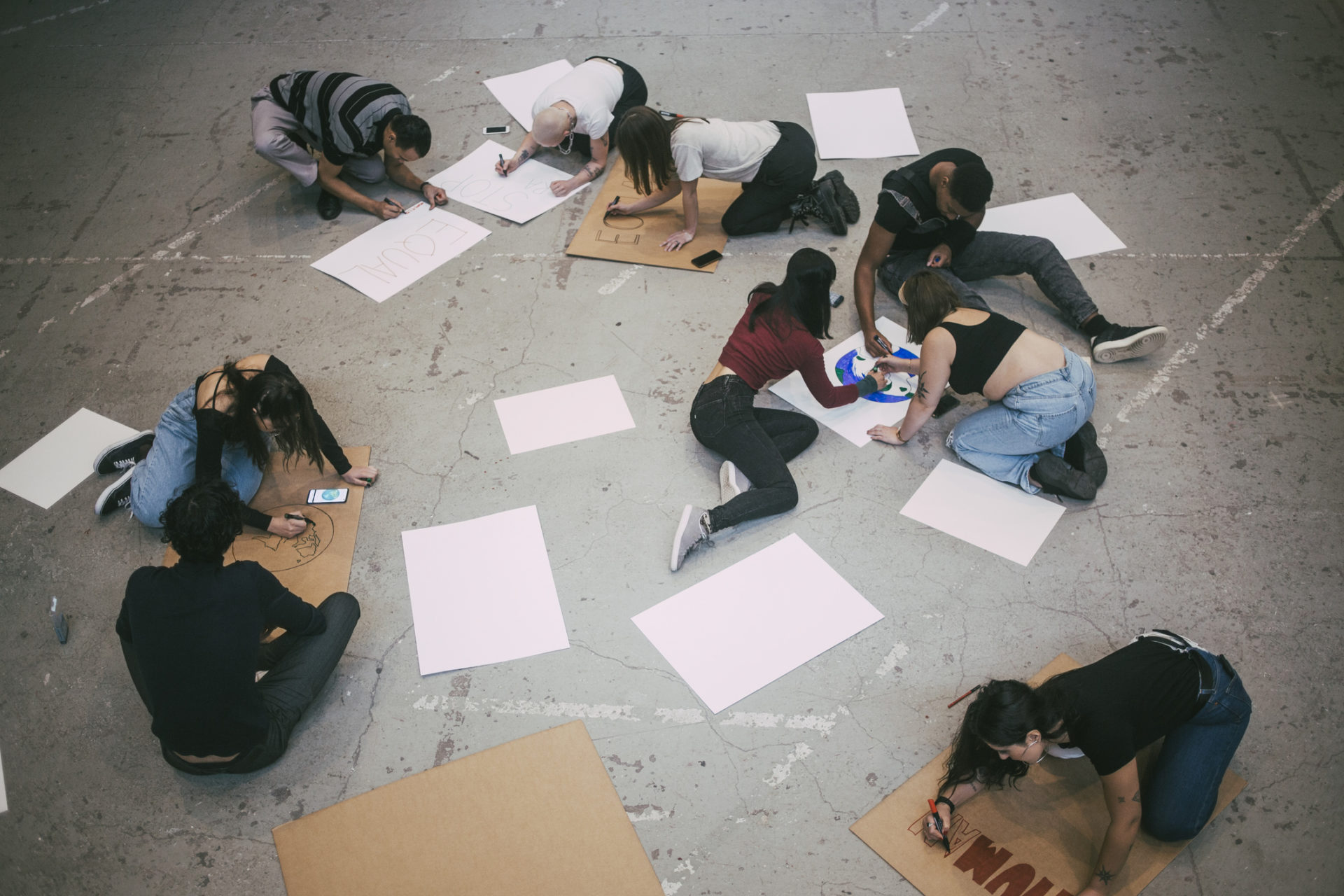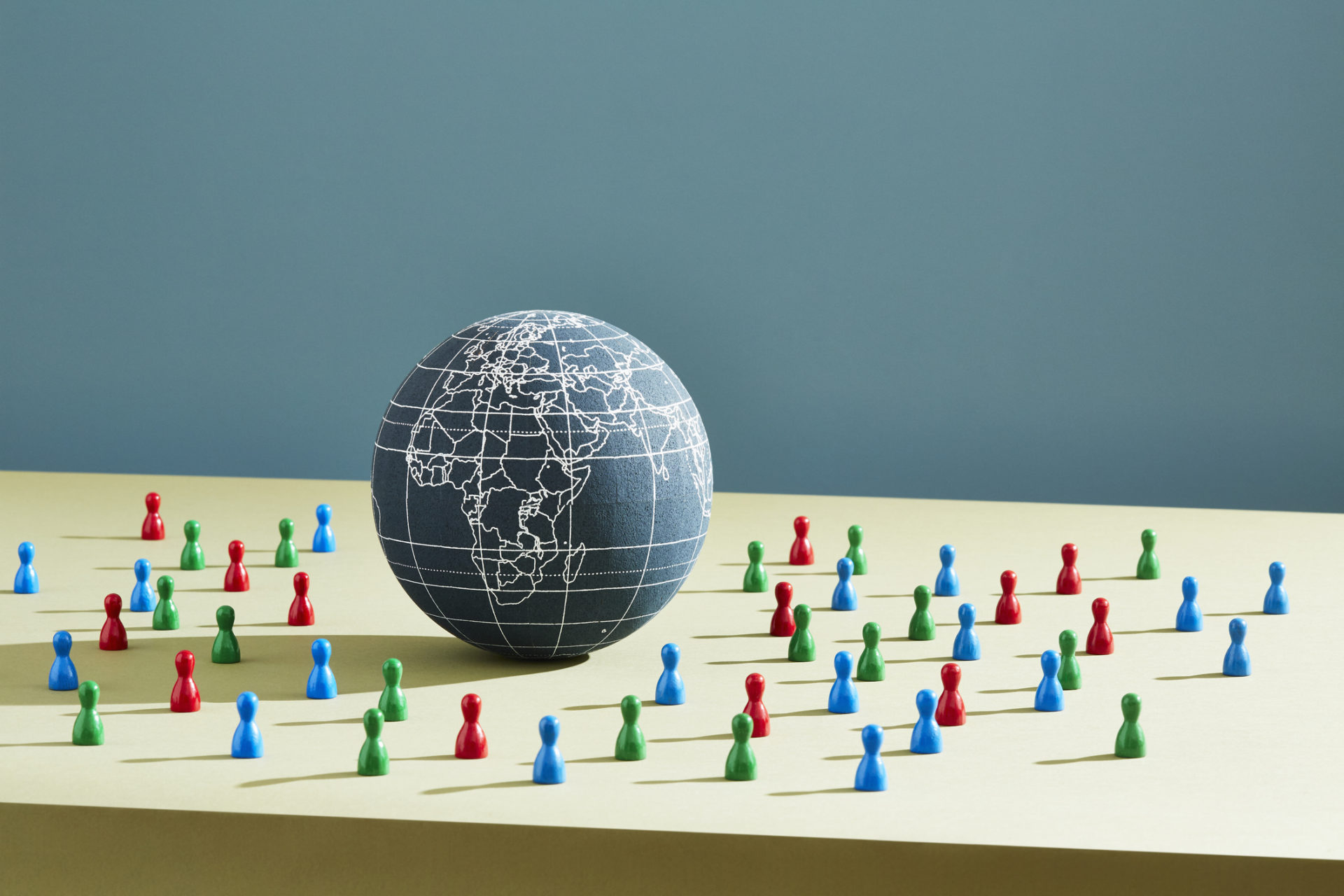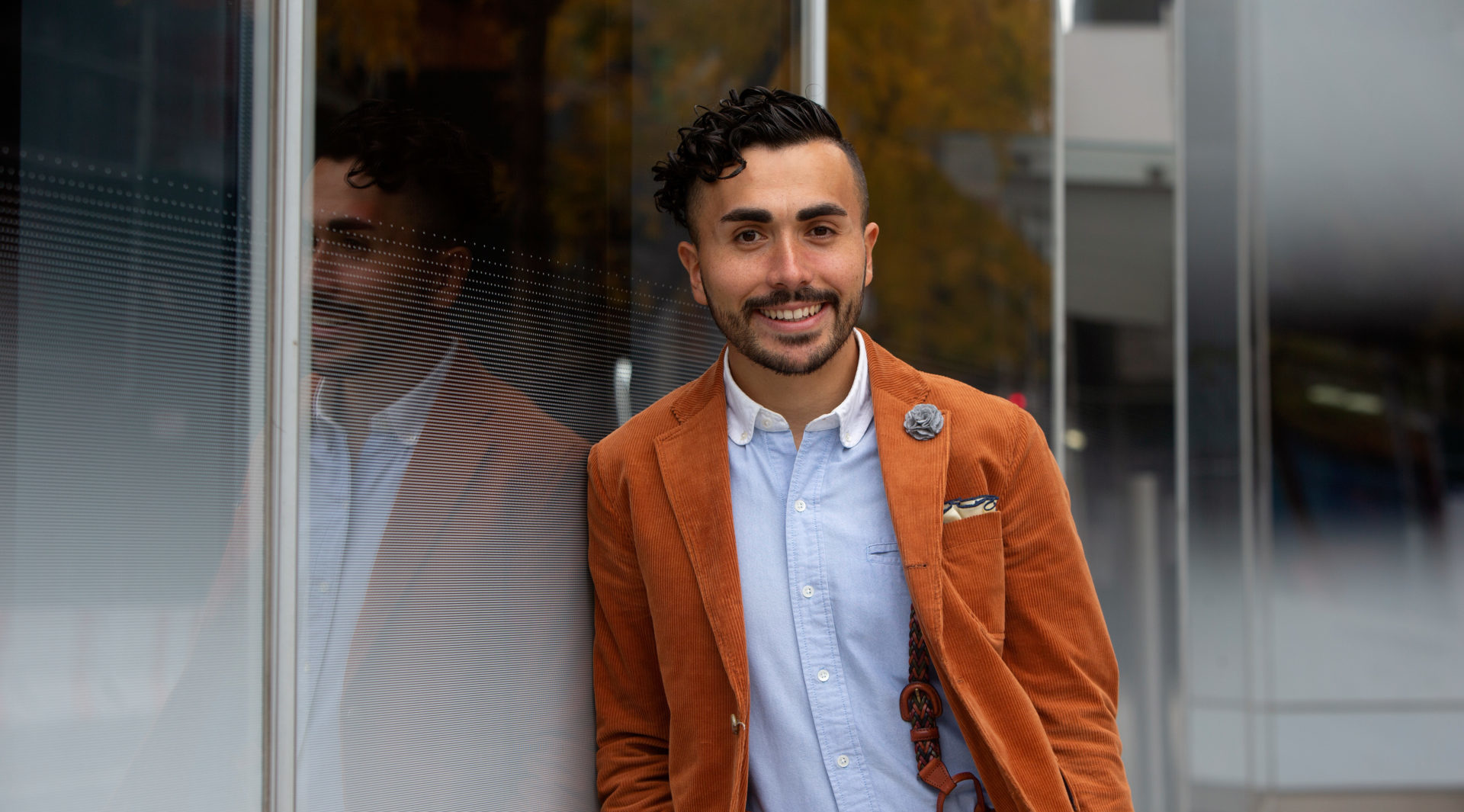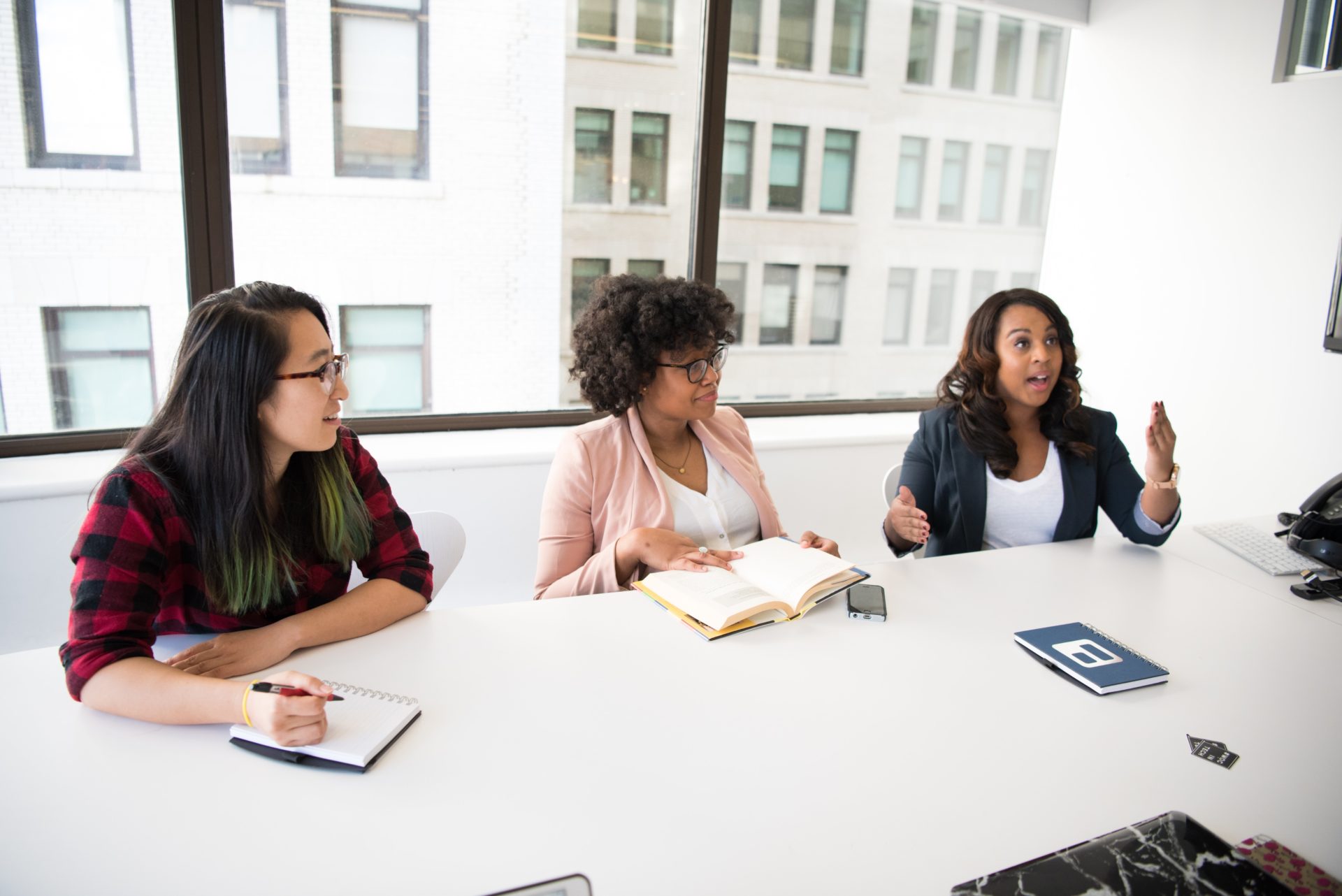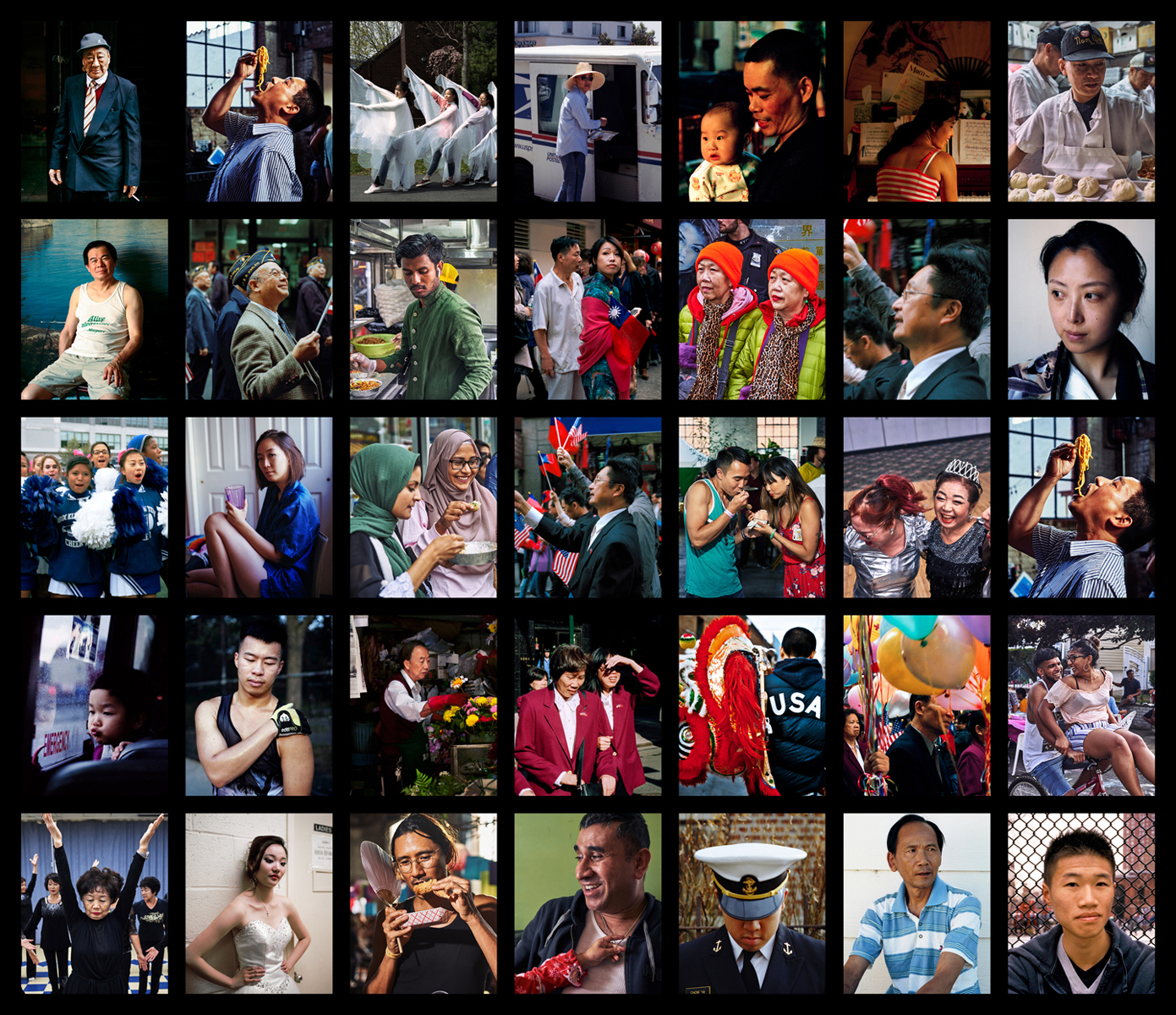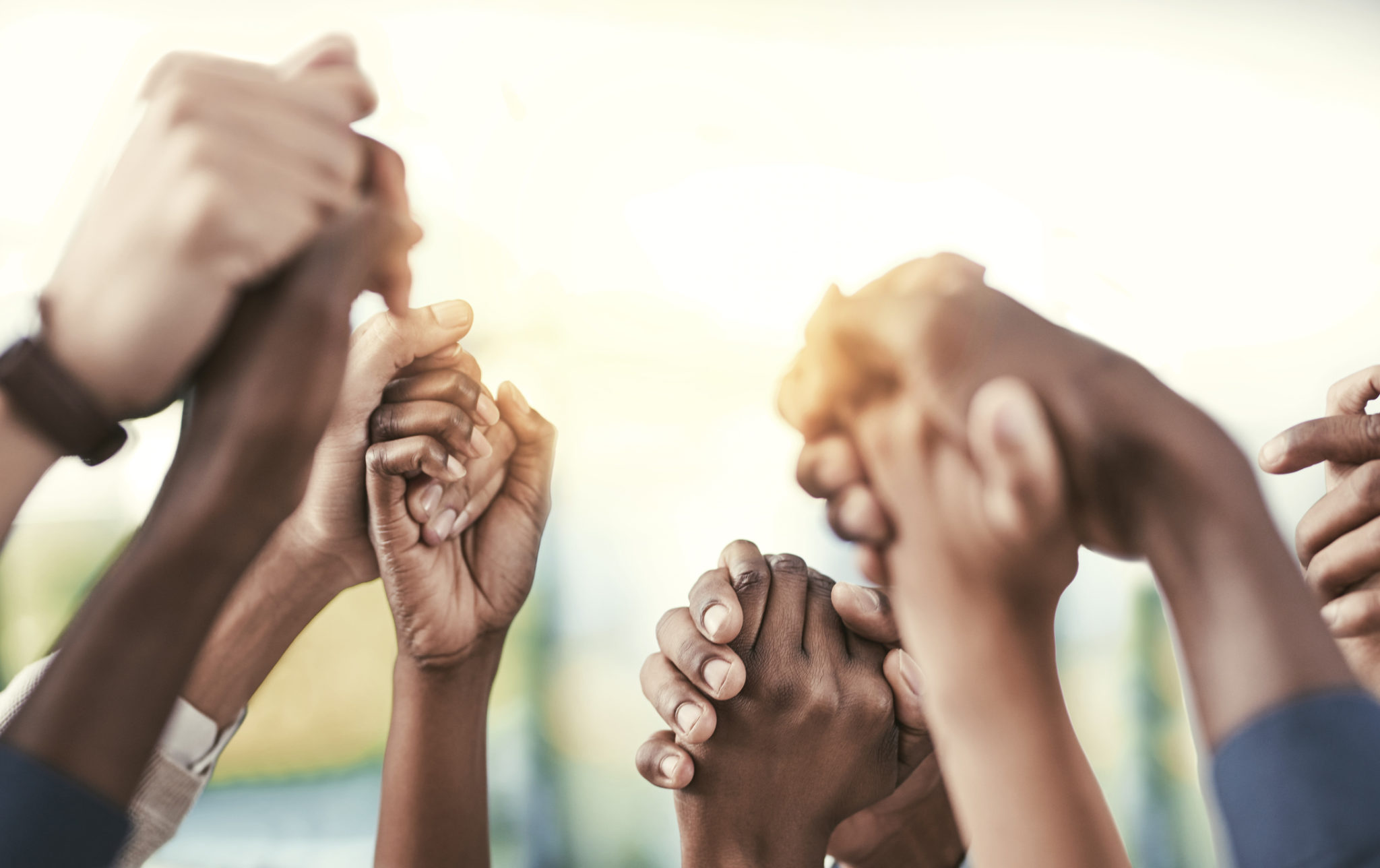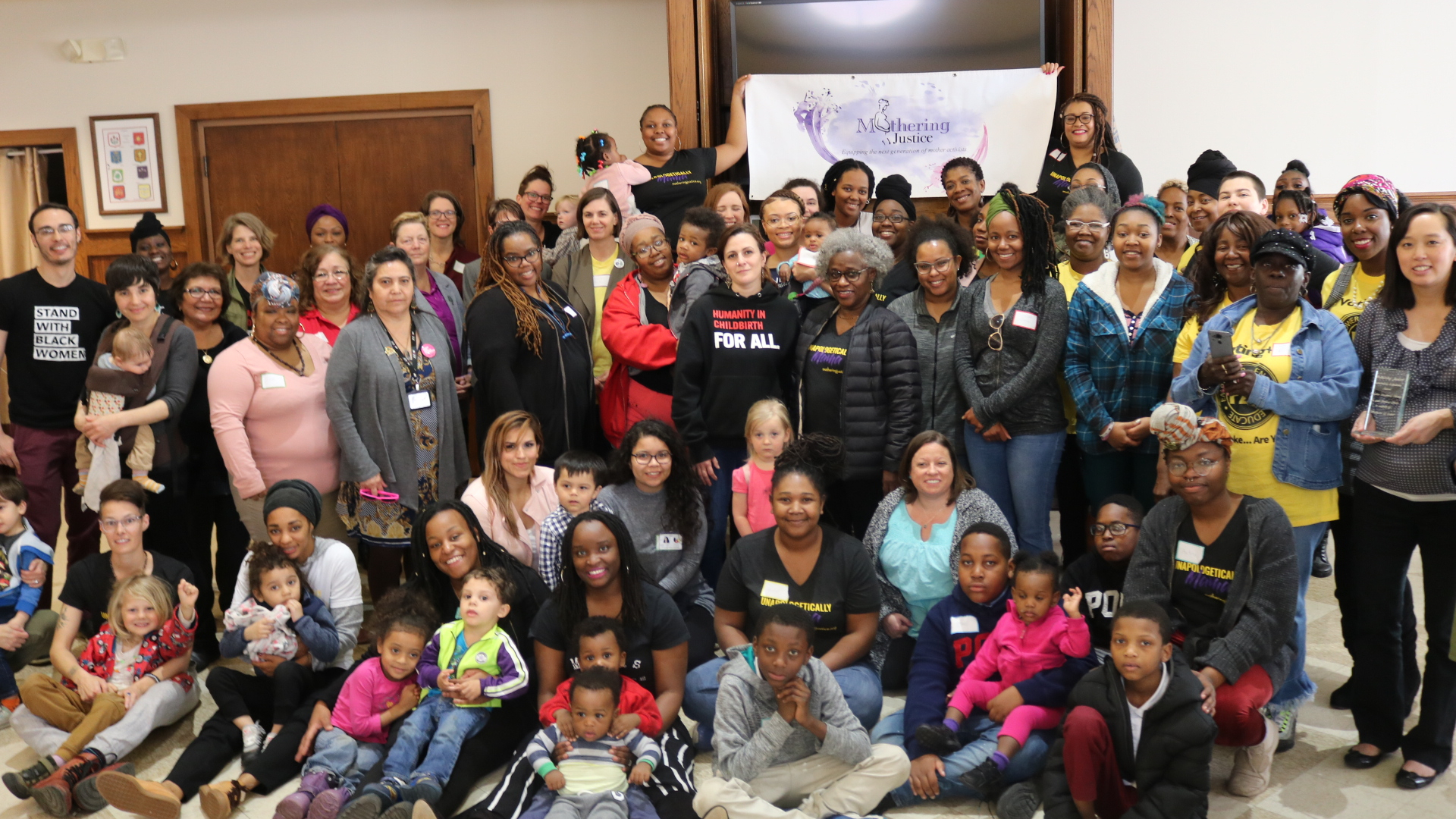In 2018, NationSwell inspired Council member Lauren Baer, a former senior policy advisor to the U.S. Ambassador to the United Nations, to run for U.S. Congress in her home state of Florida. Her victory would have made history: Baer would’ve served as the first openly queer person to represent Florida in Washington. Following a narrow defeat, she’s now Managing Partner for Arena, focusing on supporting the next generation of women, BIPOC, and queer politicians on how to organize across the political spectrum and win seats on the federal and state level.
Following the news that the Supreme Court will likely overturn Roe v. Wade’s decades-spanning federal abortion rights protections in June, and that other civil liberties like same-sex marriage might be in jeopardy, I spoke with Baer to get her unique perspective on this unprecedented moment in our nation’s history.
This is what she had to say.
NationSwell: Thank you so much for speaking with us, Lauren. Please tell us about your professional journey.
Lauren Baer: My personal journey over the last five years is one of political activation and civic engagement. Earlier in my career, I had been a practicing lawyer, and then a foreign policy official in the Obama administration for six years. But in October of 2016, I gave birth to a baby girl, and two weeks later, Donald Trump was elected president. For me, that led to a very deep questioning of how I could have the most impact in our world — how I could create the kind of world I wanted my daughter to live in at a time where I saw our own democracy in the United States very much under threat.
And so what grew out of that for me was a move from the world of policy to politics. I returned to my home state of Florida and ran for office there — in 2018, I was the democratic nominee for US Congress in Florida’s 18th District. And although I narrowly lost that race, I knew afterwards that I needed to stay on the front lines in the fight to preserve and protect our democracy and all of the rights that we hold so dear.
So for the last 14 months, I have been managing partner at an organization called Arena. Our mission is to convene, train, and support the next generation of Democratic candidates and campaign staff. And what we see our job as is essentially building and diversifying the talent pipeline into politics, so that it is more representative of our party as a whole, more representative of the country as a whole, and therefore more effective at waging these battles that we’re fighting today — not only on the federal level, but in all 50 states.
NationSwell: How does Arena do that?
Baer: There are four key components of our work, and the first component is training. Our flagship program is called Arena Academy and we’ve trained more than 6,200 campaign staffers and volunteers since 2019 — the majority of them women, the majority of them people of color, and more than 30% LGBTQ+.
We train these individuals on all of the different types of work that are necessary to run Democratic campaigns and work in movement organizations. But we don’t stop there. We have a team, our Arena Careers team, that works to place these individuals on Democratic campaigns and with Democratic and progressive organizations so that they can be carrying on the fight in all 50 states.
We also have a suite of free downloadable campaign tools that can be accessed by campaign staff and candidates alike in order to help them build effective operations. Those tools have been downloaded more than 40,000 times at this point.
Lastly, we support the next generation of new and diverse candidates running for office by taking individuals we’ve trained, placing them on what we consider to be the most critical races around the country, and fully funding their salaries and healthcare. This ensures that these individuals who are running for office have the capacity that they need in order to run good races and win.
And here I want to emphasize that our focus since the 2020 election cycle has been on state legislative races because we recognize that state legislatures control some of the most important things that touch individuals’ day to day lives. You look across the country at legislation from Florida’s, “Don’t Say Gay” bill, to SB-8 restricting abortion in Texas, to the dozens upon dozens of laws that have been proposed and enacted limiting voting rights. We know that control of state legislatures is absolutely critical to preserving our democratic freedoms. And so we’re placing a real emphasis on supporting those down ballot candidates who are ultimately going to determine who has control at the state level and therefore the rights that most Americans enjoy.
NationSwell: As you train organizers, what messaging have you found works in building bridges to talk about abortion rights? How do you bring more conservative voices to the table here?
On abortion rights, we actually know from polling that the overwhelming majority of Americans believe that abortion is a constitutional right and that individuals should have safe and legal access to abortion. So that does not need to be a partisan issue. In fact, there is overwhelming bipartisan support. And so what I find effective to do there is actually to point out ways in which the Supreme Court and the Republican party are being anti-democratic in their actions. Even in so-called red states, there is support for abortion rights from both Democrats and Republicans.
More broadly, on issues where Americans do agree, we need to put aside the partisan labels and talk about these issues as issues. And we need to question our leaders as to why, when there’s such agreement, there isn’t action in the direction that the majority of Americans want.
NationSwell: The Supreme Court confirmed yesterday that the document was authentic. If the draft opinion holds, what does this mean for women? What does this mean for queer people? And what does this mean for people of color in this country?
Baer: So this is nothing less than an all-out assault on fundamental reproductive freedoms that are enshrined in the United States constitution. If that draft opinion holds, or if anything close to that draft opinion holds, what we know is that tens of millions of individuals in our country will be denied access to abortions, that this will disproportionately affect women of color, and that our daughters will be growing up with fewer rights than we were raised with. It’s a very scary time.
What we also know is that the writing was on the wall for this. Arena recognized prior to when Texas passed the SB-8 law, which at the time was the most restrictive abortion ban in the country, that this was going to be a huge issue this election year, and that even if the Supreme Court didn’t take action, that in states around the country, there was going to be an emphasis on trying to restrict reproductive freedoms.
This is precisely the reason that we are so heavily invested in Texas this cycle, including our upcoming Arena Summit in Austin, Texas, which is taking place June 11th and 12th. There, we will be convening reproductive rights leaders from across the state, along with other activists, elected officials, and change-makers to strategize about the path forward.
Our work we see as absolutely integral to protecting civil liberties because we know that they can be restricted in so many ways by state legislatures. And so our work to ensure that we have Democratic and progressive majorities at the state level is at its core work to ensure that we are protecting reproductive freedoms, that we are protecting voting rights, that we are protecting the rights of LGBTQ+ individuals, that we’re paying actual attention to climate change and gun safety and the like. Because we know as we’ve seen in the legislative record this year, that when Republicans have the majority, they have no qualms about taking these things away.
So the first component of our work, working to elect the right people in the right places, is our number one safeguard in terms of protecting rights. But beyond that, Arena organizes large convenings like the Arena Summit in Austin, Texas, that I mentioned, to provide a space for individuals who are working on the front lines to protect our civil liberties to gather together, to share ideas, to strategize, to chart a path forward. Because we know that if we are going to win these battles, if we are going to effectively fight back, we have to be working effectively together. And we need spaces where people can come together and do that work.
NationSwell: As a queer person, did Alito’s draft opinion trouble you about what other civil liberties might be in peril?
Baer: I think the draft opinion is an incredibly troubling harbinger of numerous negative decisions that could be handed down by the Supreme Court. We are fooling ourselves if we do not think right now that LGBTQ+ rights are on the line, that our right to contraception, our right to privacy, our right to consensual sexual relations are all on the line.
Justice Alito made very clear that he had in his sight decisions like Obergefell, which guaranteed a constitutional right to same sex marriage decisions; like Lawrence v. Texas, which protected same-sex relationships; decisions like Griswold — going back decades — which ensured access to contraception. So this is no longer hypothetical. This is about a very clear path that the court is charting to roll back constitutional rights that have been taken as sacrosanct for decades. And we therefore, as a country, have to treat this moment with the urgency that it requires. At Arena, we are not sitting back. We know that this is a moment to train people, to organize, to fight all over this country, because it is not a given at this point that our rights will endure or that our democracy will endure. So we all have to be in it together.
The NationSwell Council is a non-partisan community bringing together a diverse, curated community of bold individuals and organizations leading the way in social, economic, and environmental problem-solving. Learn more about the Council here.

